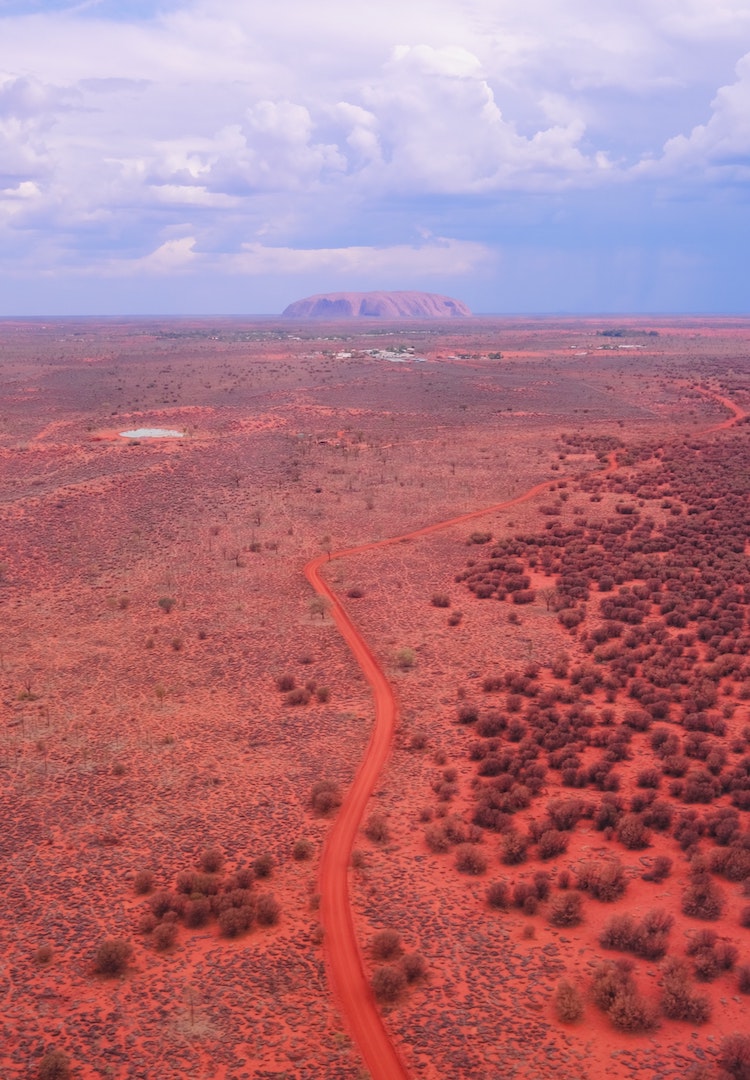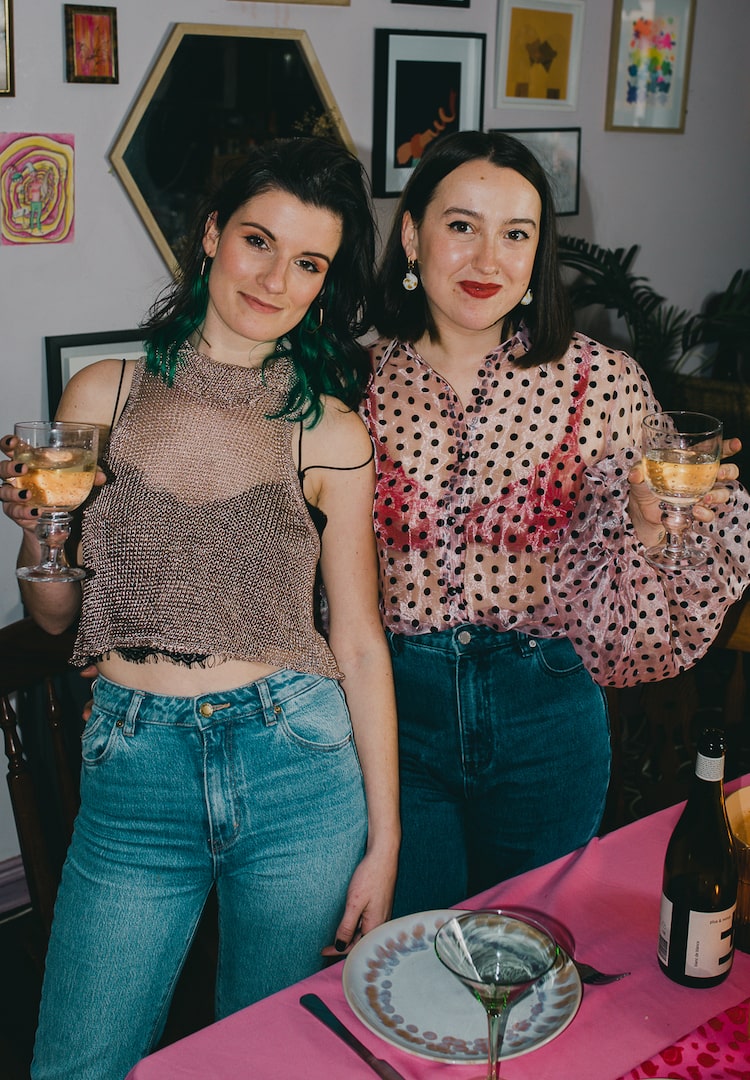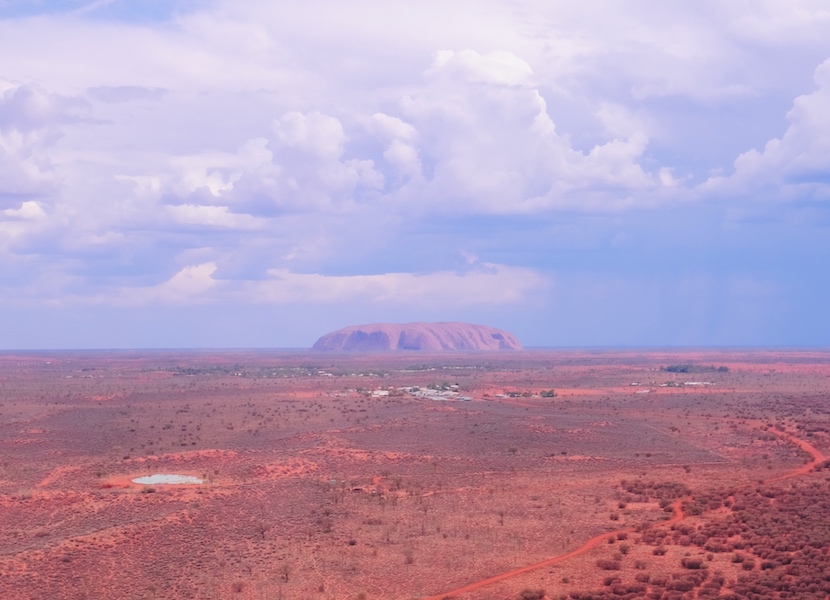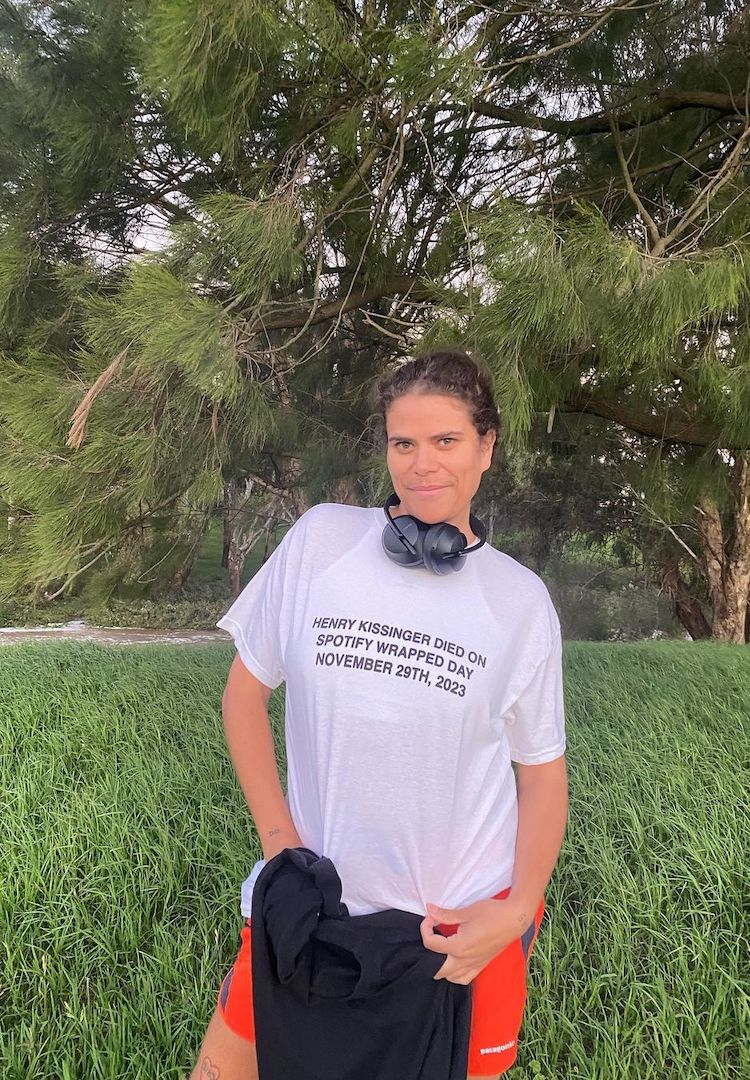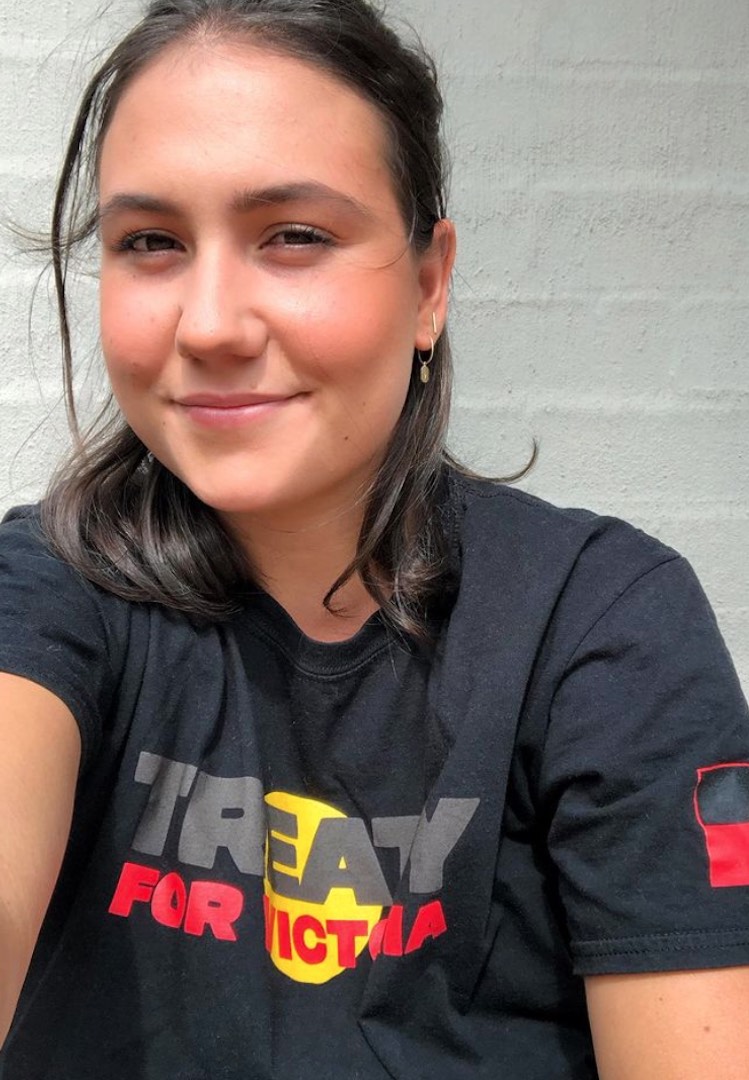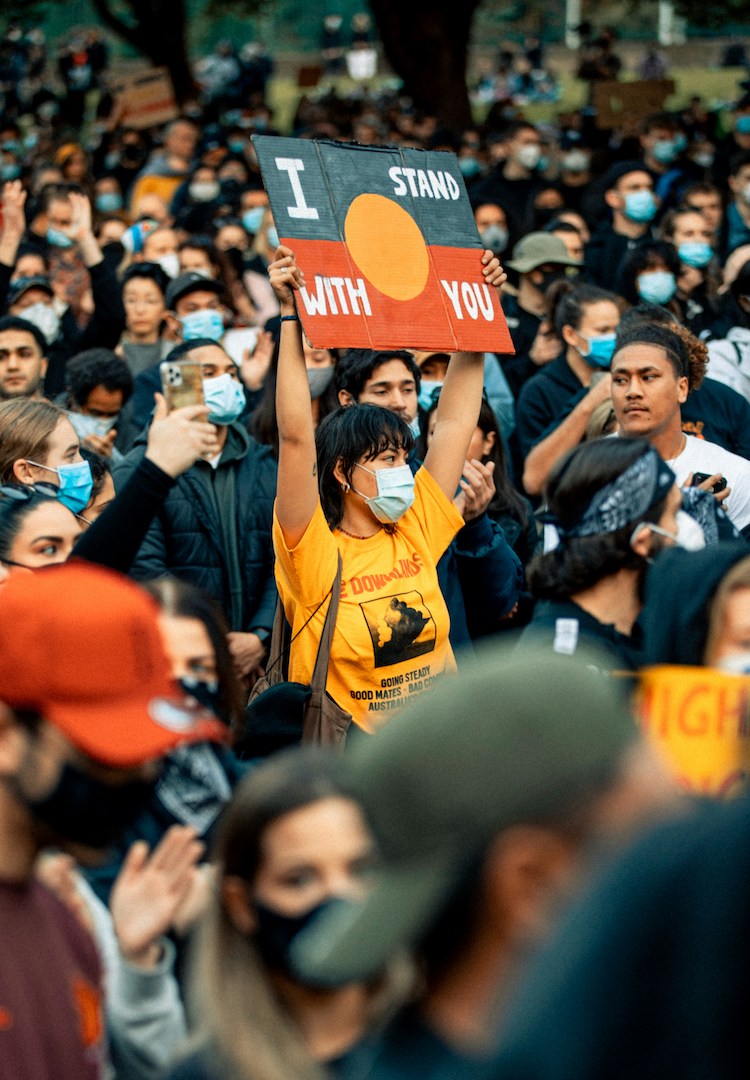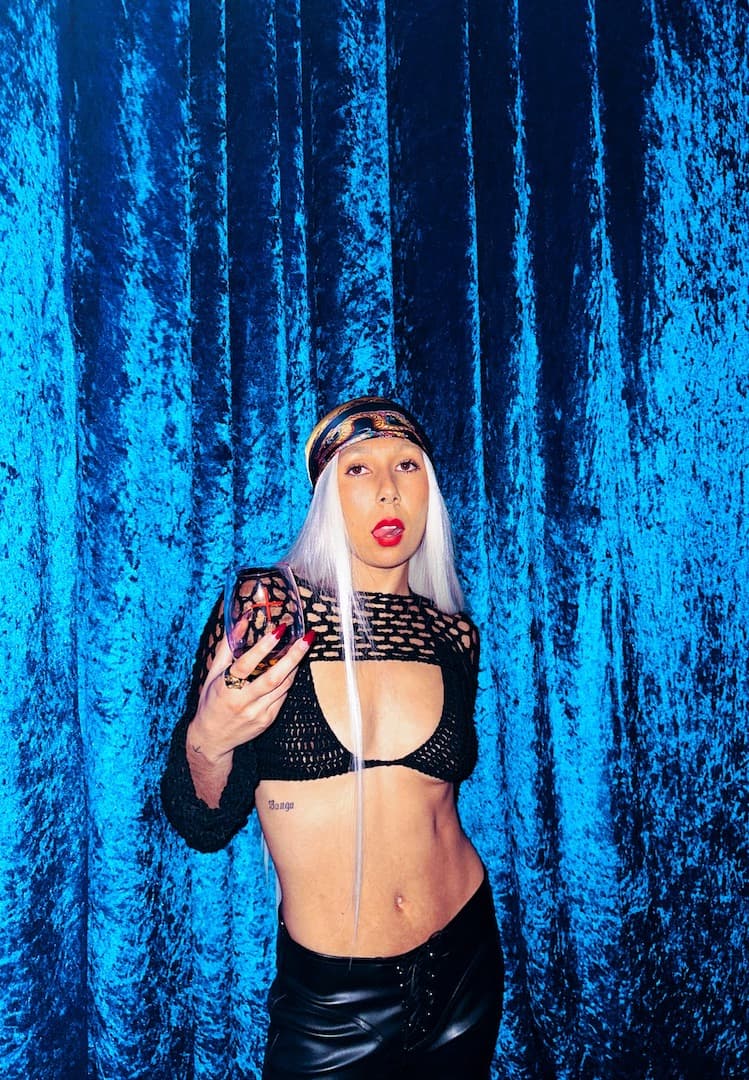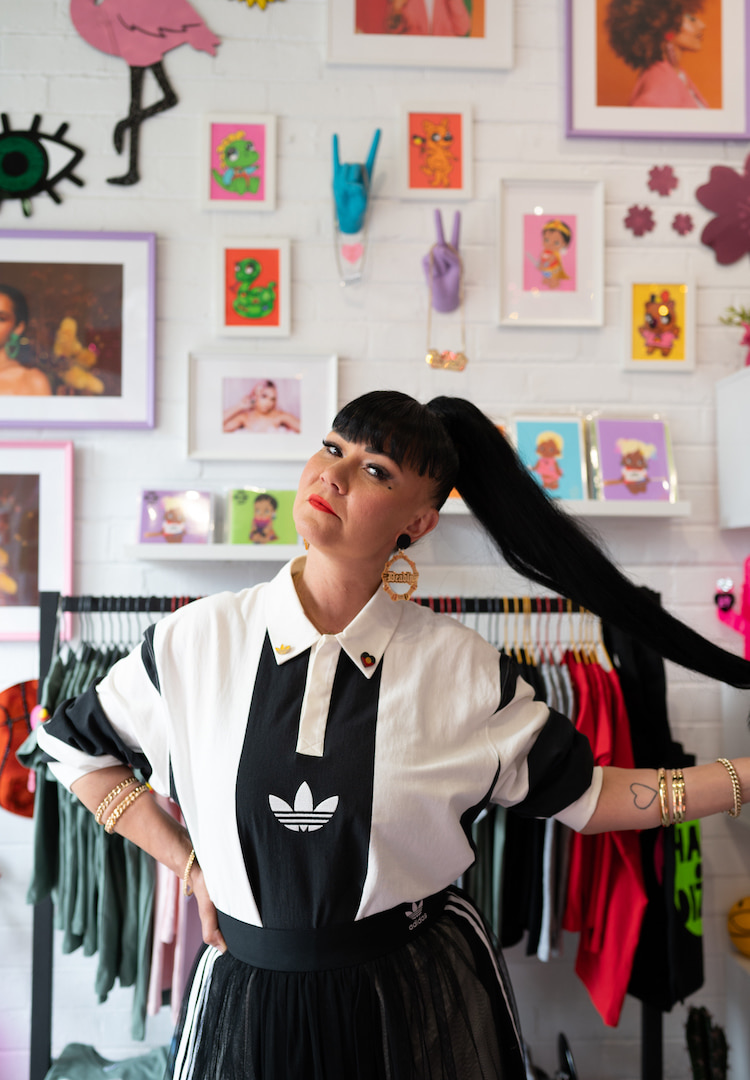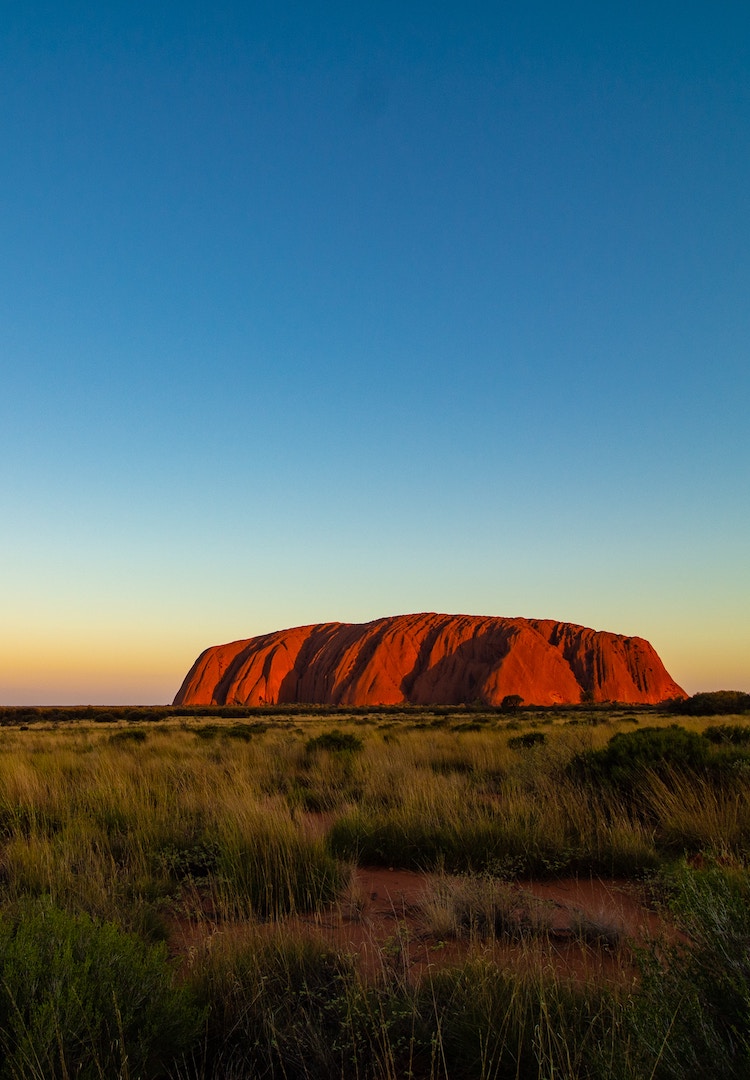The Voice: Navigating a way forward after Australia’s referendum result
WORDS BY BRONTE WINNEM
“Above all, we must remain committed to telling the truth about Australia’s history and moving toward the next pillar of the Uluru Statement of the Heart.”
Over the weekend, after months of campaigning and years of groundwork, the Voice to Parliament came to a head when more than 60 per cent of Australians voted ‘No’ to recognising Aboriginal and Torres Strait Island people in the Australian Constitution with an Indigenous advisory body.
Following the grievous loss, understandably, First Nations leaders of the Indigenous Voice referendum Yes23 campaign have announced a week of silence beginning Saturday October 14. Yes23 co-chair campaigner and filmmaker Rachel Perkins shared the statement on her Instagram.
For other perspectives on the people around us, head to our Life section.
The statement began by underlining the “bitter irony… that people who have only been on this continent for 235 years would refuse to recognise whose home this land has been for 60,000 and more years”. It also thanked those “Australians from all sectors of the community, including multicultural, faith, professional, business, creative and sporting organisations”, as well as the Prime Minister himself, who rallied for and with them in the unsuccessful referendum.
What does this week of silence mean?
The crux of the statement was a call for a week of silence, advocating for a pause from the tireless commitment and allowing First Nations Australians the chance to properly grieve the loss in private with their community. This week is about allowing space for First Nations Australians to mourn, rest and regather their “strength and resolve”.
The statement goes on to express, “We will not rest long… pack up the Uluru Statement from the Heart. Fly our flags low. Talk not of recognition and reconciliation. Only of justice and the rights of our people in our own country. Things that no one else can gift us, but to which we are entitled by the fact that this is the country of our birth and inheritance.”
Directly addressing Indigenous Australians, they wrote: “Do not shed tears. This rejection was never for others to issue.”
Not everyone agrees on silence
Just like First Nations people, their culture, language and lore, the response and next steps in the face of the referendum’s result are not homogenous. Other First Nations Australians are choosing to speak on the toll and impact the denial of the Voice has had on them and the future of recognition and reconciliation.
Marcia Langton, a prominent Yes campaigner, Aboriginal activist and academic, appeared on NITV’s The Point after the results were announced. In what became a heated conversation with No campaign leader Warren Mundine, Marcia said “It’s very clear that Reconciliation is dead. A majority of Australians have said no to an invitation from Indigenous Australia, with a minimal proposition, to give us a bare say in matters that affect our lives, advice that doesn’t need to be taken by the parliament.”
View this post on Instagram
Vanessa Turnbull, Indigenous human rights advocate and lawyer, took to her Instagram to advocate for “noise”. She denounced the week of silence as “irresponsible” stating that “In a world that often tries to silence us, we rise together, refusing to be muted. Our voices hold power, our stories matter, and our truths deserve to be heard. We will not be silent in the face of injustice, discrimination and oppression.”
View this post on Instagram
Triple J’s Blak Out host, Nooky, a proud Yuin man, delivered an equally powerful and moving speech of resistance in his segment on Sunday afternoon. Nooky relayed how he is “broken, but not defeated” by the outcome of Saturday. “Defeat [is when] we stop having joy, stop having hope, when we stop loving and caring for ourselves on this land of ours. It’s when we stop being strong and proud of who we are, and we all know that would never happen, so we could never lose. We haven’t lost a thing,” he continued.
View this post on Instagram
“We’re going to repeat this message until it rings true. We will not sit in silence. They will hear us as we rejoice as a people and light our sacred fire in the face of their broken promises,” he finished, before playing Yothu Yindi’s ‘Treaty’ on repeat for the entirety of his hour slot.
What comes next?
In my own circles, the ‘No’ result has been condemned as both shameful and embarrassing. I feel deeply dejected by our nation’s overwhelming refusal to take a step forward in reconciliation by giving Aboriginal and Torres Strait Islanders a say on matters and policies that pertain directly to them. However, this is not (and should not be) about how White Australians like myself feel.
The work of allies and supporters must deepen. While First Nations people choose now to either rest or amplify their voices, we must direct our energy and time into actionable approaches to supporting and furthering their causes.
It is about more than writing ‘Yes’ on a ballot or posting something to your Instagram story. We must continue to listen to First Nations Australians and Pay the Rent. We must write to our premiers and local ministers, keep up the difficult conversations and donate to vital organisations, projects and initiatives (like The National Justice Program, Antar, Sisters Inside, Black Rainbow, and the Aboriginal Legal Service among many others). We must continue to support and champion Blak businesses.
Above all, we must remain committed to telling the truth about Australia’s history and moving toward the next pillar of the Uluru Statement of the Heart – supporting a Makarrata Commission to supervise a process of agreement-making, namely a treaty, between governments and First Nations people.
For more on how to do your part as an ally, head here.


